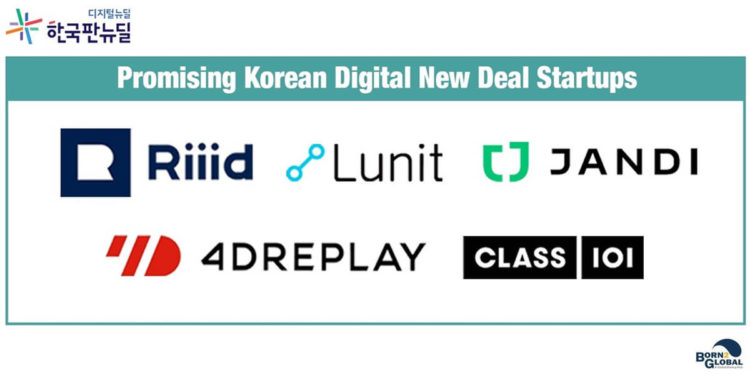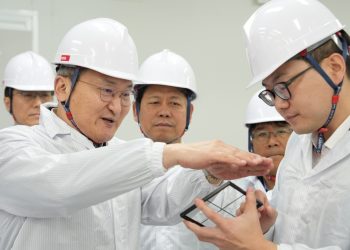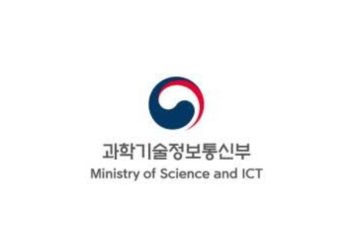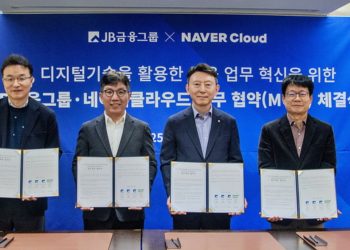In line with the Digital New Deal, South Korea’s Ministry of Science and ICT (MSIT) has proactively pursued investment strategies to foster local startups with considerable potential and innovative technologies and ideas.
Since 2020, MSIT has been intently administering the Digital New Deal, an initiative targeting to transform South Korea into a globally leading economy. MSIT also vigorously implements the initiative to solve the domestic economic recession due to the COVID-19 crisis.
Advancing Key Sectors’ Technologies
In addition to enhancing the nation’s digital capabilities, the initiative aims to advance digital transformation across various industries. The Digital New Deal also mainly involves developing state-of-the-art technologies, including artificial intelligence (AI), big data, and other growth engines.
For instance, MSIT recently kicked off Data Dam, a project collecting data from public and private sectors for standardization purposes. Besides creating a nationwide 5G network-connected AI database, Data Dam targets to create more job opportunities.
Furthermore, Data Dam has been actively integrating public data from the education and healthcare industries, which affect people’s lives closely. To accelerate these sectors’ progress, MSIT offered aid to related startups, enabling them to improve their research and development proficiency.
Obtaining International Support
“Through the Digital New Deal initiative, our promising startups, which capture global attention, will see their technology and competence in the global market grow significantly,” said MSIT.
MSIT also stated that it would increase efforts to support local startups, propelling them to grow into international unicorn companies. If MSIT accomplishes its objectives, its selected startups could bring future products and services to broader domestic and overseas markets.
Over the recent years, South Korean startups have drawn global investors’ attention thanks to their technological capabilities and potential. Some of the promising tech startups that attracted international support include 4DREPLAY, Lunit, Riiid, and Toss Lab.
Fostering Education and Healthcare Startups
Last year, MSIT also launched the ‘LAC-Korea Deep Tech Exchange Program,’ which supports innovative Latin American and South Korean startups. Under the program, Riiid, a local education startup, teamed up with Mexico’s Maestrik to develop an AI-based English language-learning app.
Japan’s SoftBank Group Corp. had also steadily invested in domestic startups after commending their up-and-coming technologies. Moreover, some of these technologies include AI-based learning, disease diagnostics solutions, and highly advanced 4D imaging.
Previously in May, Riiid raised $175 million from SoftBank’s Vision Fund 2. Other domestic tech startups also earned investments from SoftBank and various global investors. In particular, SoftBank funded Lunit, a South Korean startup creating highly accurate, AI-based cancer diagnosis and treatment medical devices.
Meanwhile, Toss Lab, the developer of ‘JANDI,’ currently offers its services to more than 2 million users worldwide. Toss Lab’s JANDI operates an enterprise collaboration platform, supporting users’ virtual conferencing, messaging, and real-time document sharing needs.
Additionally, 4DREPLAY, a multi-view video streaming technology provider, collaborated with SoftBank to apply 4DLive across cellular network services. 4DREPLAY’s 4DLive is a media technology giving users immersive movie, sports, and TV viewing experiences.







